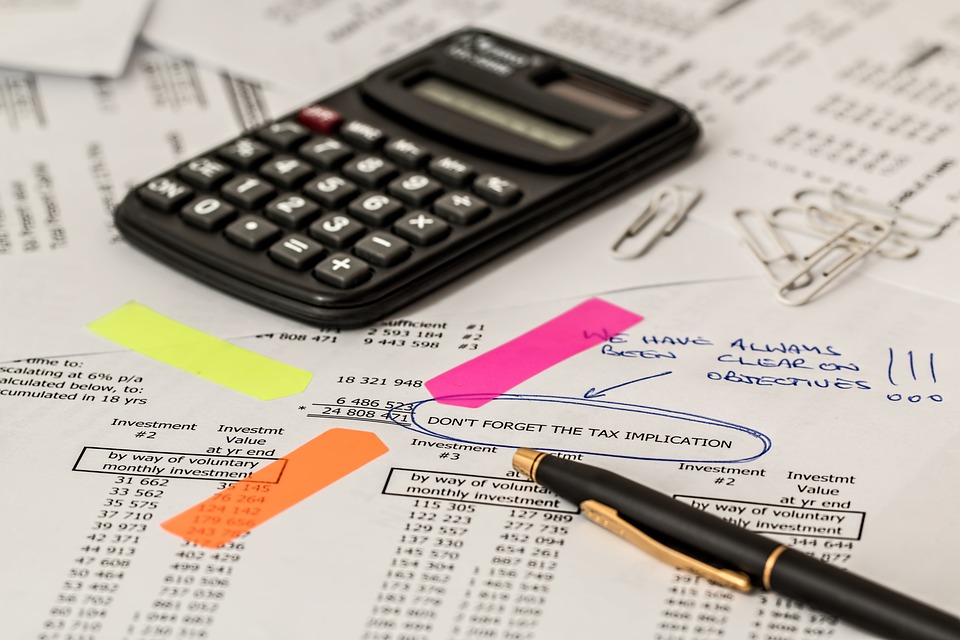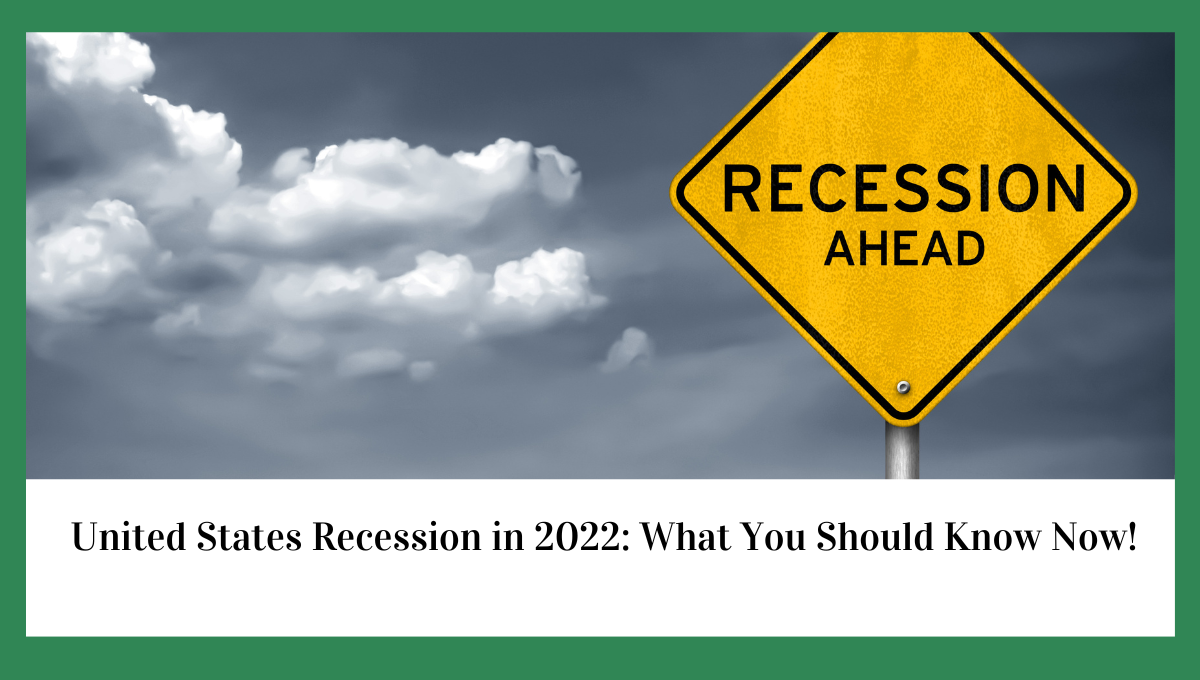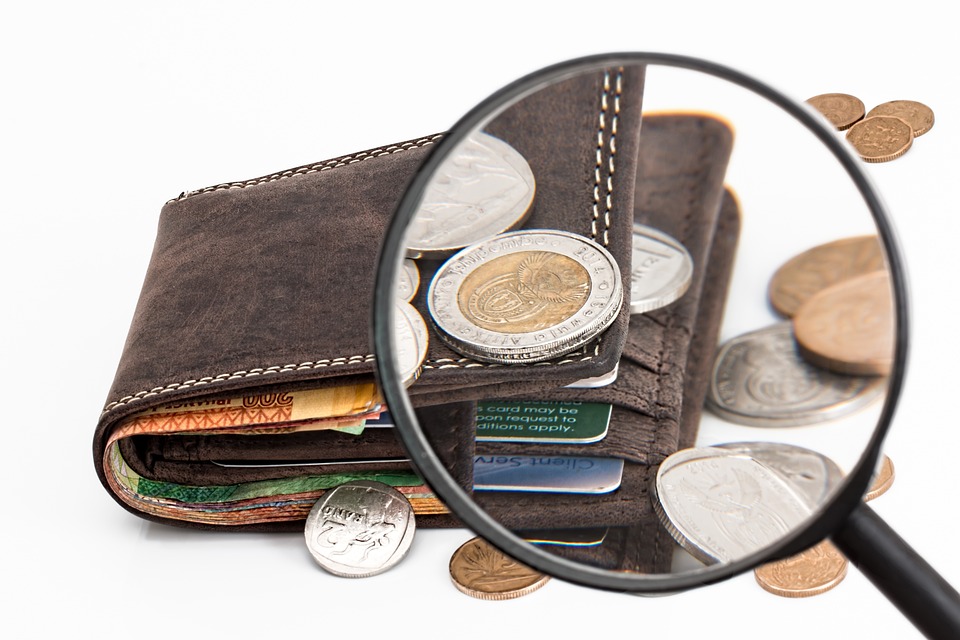
2022 Pending Recession? What You Should Know Now!
As you may have noticed, there is a lot of doomsday news about an impending recession. Like many of us, you may be wondering what a recession is, and are headed for a recession? You may find yourself questioning when we will enter a recession or why this is happening. If you are proactive, you may be searching for answers about preparing for the recession before it happens. The objective of this article is to help readers on their journey to understand more about recessions an how it affects them.
What is a recession?
Each country measures the health of its economy by tracking the services and goods during a specific period, usually quarterly. This system is commonly known as the country’s gross domestic product (GDP). It is considered a recession when GDP declines for two consecutive quarters, indicating a decline in economic activity. Job losses, decreased production, and sales of goods and services are all signs of declining economic activity. In a recessionary period, it is typical for employment, household income, and production to decline. Ultimately leading to undesirable living conditions for anyone, but affecting the most vulnerable the worst.
What are the four most common causes of a recession?
- Asset Bubble: When assets become overpriced, it is referred to as an “asset bubble”. A bubble occurs when the prices rise rapidly without foundational support, such as equally steady demand, to justify such rapid price increases. This was the case during the 2008 recession, when low interest rates and low lending standards contributed to a housing bubble and caused millions of people to borrow beyond their means in order to buy homes they couldn’t afford. The collapse of an asset bubble can be caused by several factors, however, during the Great Recession, higher interest rates and tighter credit lending standards ultimately lead to a rapid decline in real estate.
- Inflation: Inflation occurs when the price of goods and services rises over some time in an economy due to supply shortages, war, or an increase in production costs. Consequently, your buying power is diminished. In other words, you will not be able to buy the same amount of goods and services as you could before the rise of inflation. Unfortunately, this is exactly what we are experiencing today.
- Deflation: By contrast, deflation is the opposite of inflation. In a deflationary environment, asset prices decrease because demand is drastically lower. When demand falls, sellers lower their prices to attract buyers. As a result, economic activity slows and unemployment increases, not to mention consumer spending confidence decreases, which causes the price to continue to decline.
- Debt: Too much debt can lead to individuals or businesses being unable to pay their bills because of the cost of servicing them. As a result of unpaid bills, individuals and businesses begin to fall into bankruptcy. Ultimately those bankruptcies lead to an economy collapsing into a recession.
Have we had a recession in the past?
As it stands today, The U.S. has experienced 14 recessions since 1929, including the Great Depression. The most recent was the recession caused by Covid-19, which also happens to be the shortest. Each recession is not the same, there can be differences in duration, causes, and conditions.
| Dates | Duration (In Months) |
| August 1929 – March 1933 | 43 |
| May 1937 – June 1938 | 13 |
| February 1945 – October 1945 | 8 |
| November 1948 to October 1949 | 11 |
| July 1953 – May 1954 | 10 |
| August 1957 – April 1958 | 8 |
| April 1960 – February 1961 | 10 |
| December 1969 – November 1970 | 11 |
| November 1973 – March 1975 | 16 |
| January 1980 – July 1980 | 6 |
| July 1981 – November 1982 | 16 |
| July 1990 – March 1991 | 8 |
| March 2001 – November 2001 | 8 |
| December 2007 – June 2009 | 18 |
| February 2020 – April 2020 | 2 |
How are you affected?
There can be different challenges during each recession. Understanding the way you are affected can be better understood if you use history as a guide. Here are a few examples of how the economy was impacted by recessionary periods and how you may be impacted in the future.
- Stock Market Crash Your retirement savings can lose significant value if invested in a 401k or the stock market. During a recession, the stock market is likely to decline rapidly, which is known as a crash. Investors have every reason to worry when the economy heads towards a recession, as their portfolios will likely suffer from falling stock prices. Using history as an example, during the Great Depression stocks fell for a total loss of 89.2%. In contrast, the dot-com crisis caused stocks to fall by about 28%. Thereafter, during the great recession, stocks fell about 54%. The amount of decline in stocks varies between recessions, and how low they can fall is impossible to predict. The good news is history also tells us the market always recovers.
- Increase In Unemployment You can lose your job. Unfortunately, job loss can be one of the first indicators of past and future recessions. In recessionary periods, people tend to spend less and save more. This results in fewer profits for businesses, which means a business will have less money to cover expenses. To lower their expenses, it is common for a business to lay off employees to lower expenses.
- Slow Growth In Real Estate Values Your home value growth will slow down. In a recession, demand for real estate decreases. When demand decreases, real estate price increases tend to slow down. While a slow down in growth is almost guaranteed during a recession, it does not always mean prices will go down. 2008 during the great recession, was the only time real estate values crashed. With a history in mind, mostly we should expect slower growth in real estate values but I wouldn’t write off a decline either.
- Unsustainable Debt You are at risk of not being able to maintain debt payments. Individual and corporate debt is usually at an all-time high leading to a recession. For individuals, job loss can lead to unsustainable debt as they will not be able to maintain payments. In comparison, corporations experience reduced revenues which makes covering debt payments far more difficult.
How can you prepare?
It’s important to note that the effects of recessions are not limited to the examples provided in this post. However, the good news is we should all begin preparing ourselves to navigate a downturn. While these tips may not guarantee you will escape a recession without any hardship, they will help guide you in the right direction.
- Pay Debt One piece of advice is to pay off debt as much and as soon as possible to prepare for an economic downturn. The importance of paying down debt never fades, but when a recession looms, it becomes even more crucial. When you experience a job loss or a reduction in pay, you won’t regret having fewer expenses to cover. Less debt will allow you to manage your monthly bills without relying on credit cards or short-term loans.
- Build Your Emergency Fund The concept of an emergency fund is cash set aside to cover unforeseen expenses that can be costly and stressful. The financial industry usually recommends 3 to 6 months of expenses saved for a completed emergency fund. So if your monthly expenses are $1,000, you will need $3,000 to $6,000 to fund your emergency fund. However, my advice is to exceed the recommendation of the industry for safety. If you can, why not save a little more for safety.
- Make Prepayments A prepayment is essentially paying bills in advance. An example would be paying your rent for the next 6 months. So not only will you have an emergency fund, but you can also secure a place to live without worrying about how you can make the next payment for the next 6 months. This can be a valuable strategy to stabilize yourself if you are anticipating a recession.
- Create Multiple Income Sources When you diversify your income sources, you can increase your financial stability. Multiple income sources will allow you to build your emergency fund faster, speed up your retirement, and pay off debt at a faster rate. In addition, during a recession, it can allow you to cover your essential expenses if you lost your primary job.
Conclusion
A recession will inevitably occur at some point within the course of a business cycle. It is commonly known as “The Boom Bust Cycle.” Throughout history, we have faced periods of high inflation, overpriced assets, and unsustainable debt. These periods are followed by a correction, a downturn, or a recession. The importance of understanding past events and protecting yourself in the future cannot be overstated. Each recession is caused by different factors and can affect you in many different ways. It is helpful to study history to get an idea of how you can protect yourself. Taking advantage of Ray Dalio’s research in his book, “Principles For Navigating The Big Debt Crisis,” can help you to navigate a financial crisis.




















